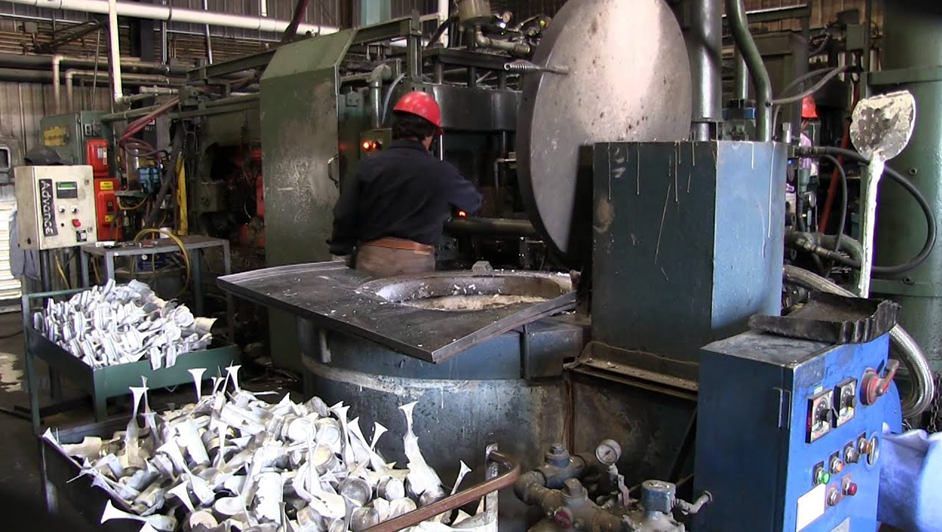Introduction
In today’s manufacturing industry, precision is the key to success. The ability to produce parts and products with unparalleled accuracy can make all the difference in a highly competitive market. This is where Precision CNC Machining comes into play. With the advent of Computer Numerical Control (CNC) technology, manufacturers have been able to achieve levels of precision that were once thought impossible. In this article, we will explore the world of Precision CNC Machining and how it has revolutionized the manufacturing process.
What is Precision CNC Machining?
Precision CNC Machining is a manufacturing process that utilizes computer-controlled machines to produce highly accurate and intricate parts and components. CNC machines are programmable and can carry out a wide range of operations such as cutting, drilling, milling, and turning. The precision achieved by CNC machines is far superior to traditional manual machining methods as they are capable of executing complex designs with consistent accuracy.
How does Precision CNC Machining work?
Precision CNC Machining begins with the creation of a digital design or blueprint of the desired part. This design is then converted into a computer program that controls the CNC machine. The operator inputs the necessary commands into the machine, including cutting speeds, toolpaths, and dimensions. Once the program is set, the CNC machine carries out the operations with precision and accuracy. It can repeat the process multiple times, ensuring consistent quality throughout the production run.
Advantages of Precision CNC Machining
1. Unparalleled Accuracy: CNC machines can achieve levels of precision down to the micrometer. This level of accuracy is essential in industries such as aerospace, automotive, and medical, where even the slightest deviation can lead to catastrophic consequences.
2. Increased Efficiency: CNC machines can operate continuously without the need for manual intervention. This significantly reduces production time and allows for higher output rates.
3. Consistency and Repetitiveness: CNC machines can replicate the same production process repeatedly, ensuring consistent quality and reducing the risk of human error. This is particularly important in industries that require mass production.
4. Reduced Waste: Precision CNC Machining minimizes material wastage as the machines can optimize cutting paths and reduce scrap. This not only saves costs but also contributes to a more sustainable manufacturing process.
Applications of Precision CNC Machining
Precision CNC Machining has found applications in various industries, including:
1. Aerospace: Producing critical components for aircraft engines and airframe assemblies with stringent requirements for accuracy and reliability.
2. Automotive: Manufacturing engine parts, transmission components, and braking systems with precise tolerances for optimal performance.
3. Medical: Creating intricate surgical instruments, implants, and prosthetics with precise measurements for safe and effective medical procedures.
4. Electronics: Fabricating high-precision components for electronic devices and circuit boards, ensuring flawless functionality.
5. Defense: Crafting firearm components, military equipment, and ammunition with extreme accuracy and durability.
Conclusion
Precision CNC Machining has revolutionized the manufacturing industry by providing unparalleled accuracy, efficiency, and consistency. With CNC machines, manufacturers can produce complex parts and components with precision down to the micro level, offering a competitive advantage in today’s market. From aerospace to automotive, medical to electronics, the applications of Precision CNC Machining are vast and diverse. As technology continues to advance, the precision achieved by CNC machines will only improve, further driving innovation and progress in manufacturing.
-

- Customized foundry products e-bike components magnesium alloy wheel
-

- Детали БПЛА для тиксомолдинга из магниевого сплава
-

- Die cast magnesium parts laptop housing cover D
-

- OEM Die casting manufacturer produce magnesium alloy wheel for kids push bike
-

- Custom-made metal parts macbook middle board produced
-

- Magnesium alloy die casting auto parts transfer case

 0086-750-5616188
0086-750-5616188 +86 13392089688
+86 13392089688 sales@zhongmei-tech.com
sales@zhongmei-tech.com








